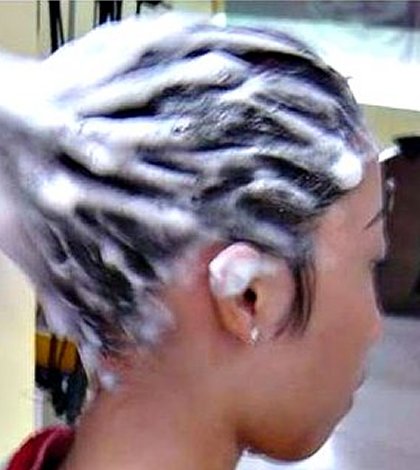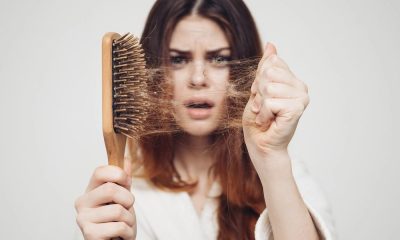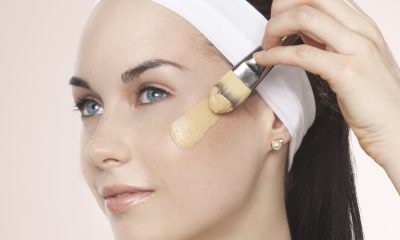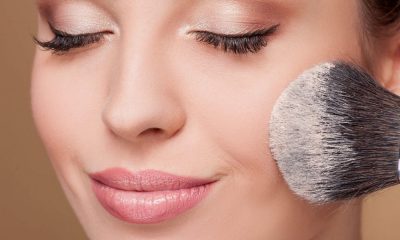Oily or greasy hair can begin to look noticeably stringy and flat, even though it is naturally full. The condition quickly affects one’s hairstyle, looks and self-confidence. While individuals with fine hair are most often affected by this problem, it can also affect those with thick, curly hair as well. In addition to causing dandruff, oily hair is a common cause of problems with the skin, such as acne. Ignoring this problem may lead to serious damage to the hair and lead to long term problems. Natural hair products can help once you determine the cause of the oily hair.
Sources of Oily Hair
1. Shampoos: Some shampoos are harsher than others. Some of these harsh products, when used daily actually cause the oil glands to produce additional oil. The more of these products you use, the greater the level of oil the glands sense they must produce to recover the natural moisture lost from the hair.
2. An Oily Scalp: Some people have a naturally oily scalp. The oils from the scalp transfer to the hair. Within the tissues covering the top of the head are sebaceous glands that produce sebum, providing lubrication for both hair and skin. If sebum is over-produced and absorbed by the hair, one can experience this condition.
3. Excess Brushing: Avoid brushing the hair several times daily. While brushing is an important part of maintaining the hair, it also stimulates the production of sebum in the scalp. Brushing moves the oil from the scalp to the hair making the strands oily.
4. Hormones: One’s hormone levels also affect the production of hair by the glands. During times of imbalances, such as those occurring when one is going through puberty or pregnant, the glands produce excess sebum. However, once the hormone levels become regulated again, the overproduction stops.
Recommended Procedures to Use
You have no control over many of these reasons for excess oil production. You can control the application of shampoo and brushing. Use of all natural hair products, including organic shampoos instead of those containing artificial chemicals may help to reduce the amount of oil in one’s hair.
When shopping for a shampoo for oily hair, look for a sulfate free shampoo or a clarifying shampoo. Apply every other day at most to prevent overproduction of sebum. Some people find a dry shampoo, such as Nioxin to be helpful. It is free of sulfates, and known for its ability to produce shinier, longer and healthier hair.





















